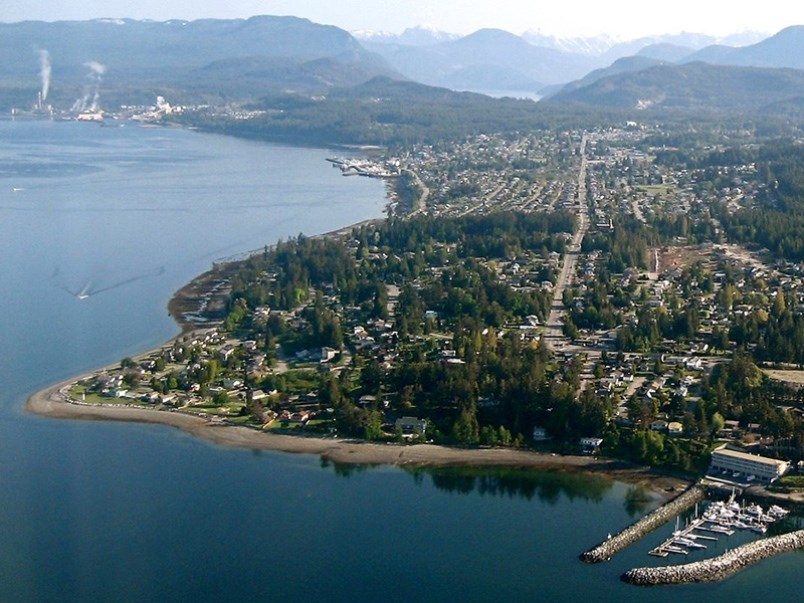If you are part of the largest ethnic group in Canada (Caucasian), do you recognize that you were born into a privileged position? Do you realize you hold privilege not only in your own country but also around the world?
If you have never heard of the term “white privilege,” ponder its definition. Many define it as an unearned perk that one receives simply because of the colour of their skin. And while being white does not automatically mean you are racist, it likely means you enjoy certain privileges not granted to non-white Canadians.
However, this is a something you received, rather than earned, simply by virtue of being born into a valued race in our society.
In Powell River, many of us live on the traditional lands of the Tla’amin Nation. For those of us who are Caucasian, how often do we think about the privilege our skin colour affords us over our Indigenous neighbours?
In general, Indigenous peoples have poorer health outcomes and higher rates of poverty than other Canadians. They also have a suicide rate that is five to seven times higher than that of non-Indigenous peoples. Some may wonder if race is an inherent factor in these health inequities but many now suggest it is the racism associated with white privilege that is the driving factor in these inequitable health outcomes.
If you find the concept of white privilege hard to accept, know that you are not alone. White privilege does not usually apply to specific individuals; rather, it is a way of moving through the world as a group of people. But ask yourself this: Do I receive preferential treatment in society based solely on the color of my skin? See if you notice anything that shows you that white privilege does in fact exist.
If you are able to see that white privilege does occur in our community, ponder how you feel about that. Is it okay? Can you change it?
Canada has been criticized for committing cultural genocide against Indigenous peoples. The Truth and Reconciliation Commission of Canada created a list of 94 Calls to Action to “redress the legacy of residential schools and advance the process of Canadian reconciliation.”
While many of the Calls to Action are directed at governments, there are a number that can be implemented at a community level. Can you pick one to integrate it into your own life?
Recently, members of Tla’amin Nation held a ceremony to honour survivors of the residential school system. This ceremony was open to Tla’amin community members as well as residents of Powell River and qathet Regional District. Events like this not only promote healing for those forced into residential schools, but they also provide an opportunity for everyone to participate in the reconciliation process.
To be sure, few of us living today were directly involved in the colonization of Indigenous peoples. However, we all have a role to play in righting the wrongs of the past. In fact, one could argue that we have a duty to use our white privilege to act as allies for all Canadians, regardless of skin colour.
Use your privilege, but use it to create change in our community, one step at a time.
Rebecca Withers is a social worker with Vancouver Coastal Health in Powell River. She works on in-patient psychiatry as well as in mental health and substance use services.



